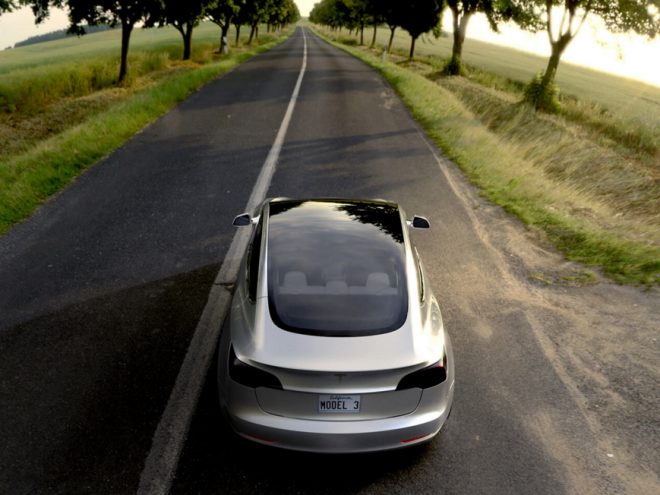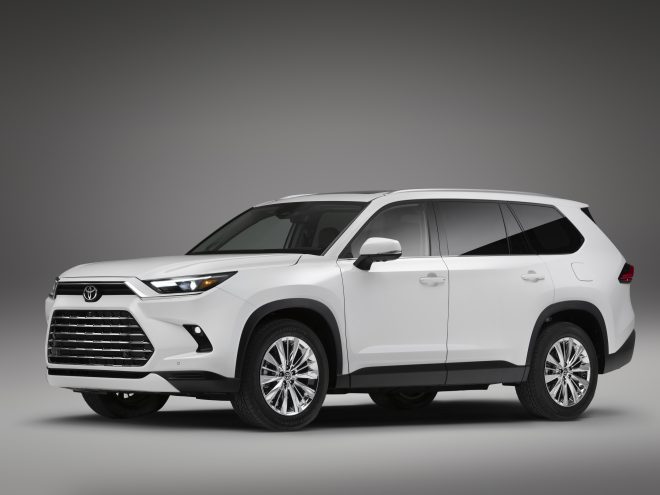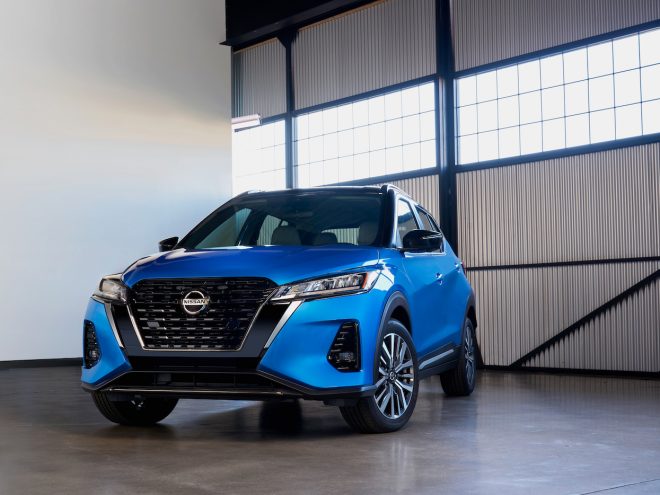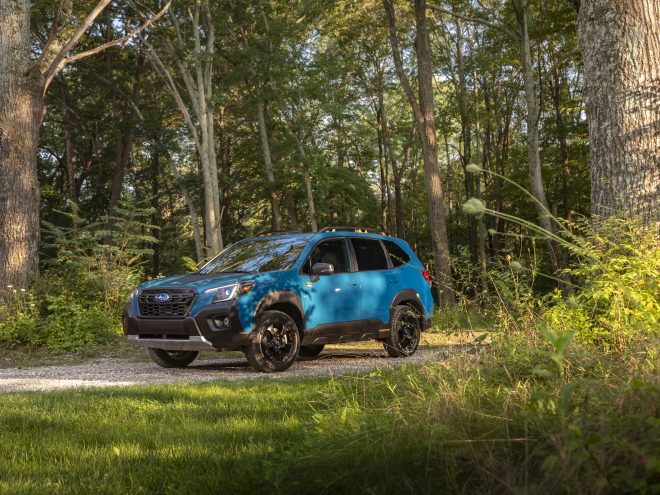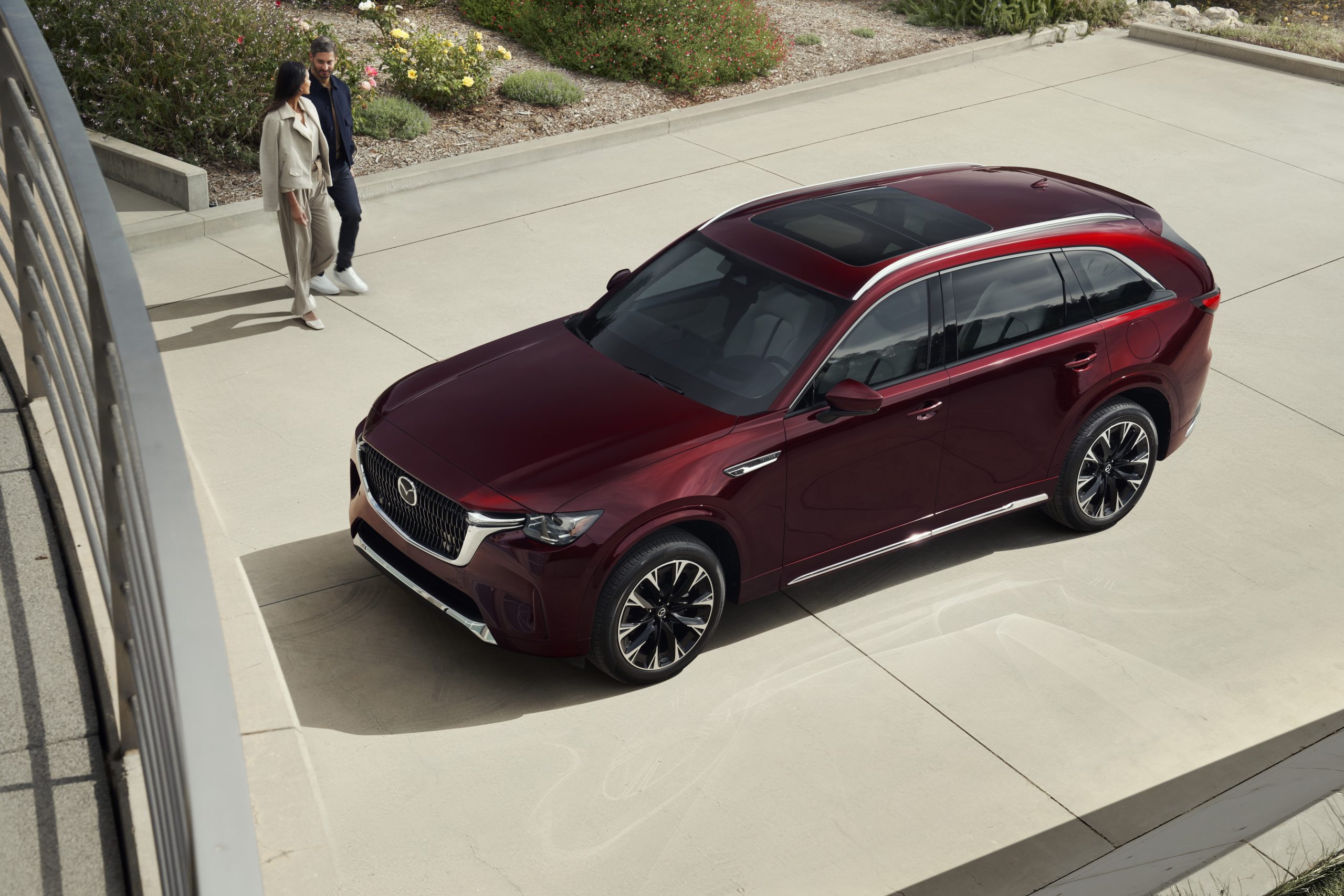
What Should You Consider When Buying A Car?
So, you’re gearing up to buy a new set of wheels, huh? Exciting times ahead! But hold your horses (or cars, in this case)! Before you rev up that engine and zoom off to the nearest dealership, let’s pump the brakes and take a moment to consider a few crucial things. Trust me, a little prep work now will save you a whole lot of headache down the road.
Your Budget: Don’t Break the Bank!
Listen, I get it. That shiny, brand-new sports car might be calling your name, but before you sign on the dotted line, take a good hard look at your finances. Set a realistic budget that won’t leave you eating ramen noodles for the next five years. Remember, there are plenty of great options out there that won’t drain your bank account dry if you choose a quality used car dealer in Grays.
Needs vs. Wants: Prioritize Wisely
Sure, that convertible might look sleek cruising down the highway, but is it really practical for your day-to-day life? Take some time to think about what you actually need from your car. Do you have a growing family? Maybe prioritize space and safety features over horsepower and style. Make a list of your must-haves and nice-to-haves to help narrow down your options.
Knowledge is power, my friend. Don’t stroll into the dealership blindfolded. Take advantage of the wealth of information available online. Read reviews, compare prices, and check out different models and features. The more you know, the better equipped you’ll be to make an informed decision.
New vs. Used: Decisions, Decisions
Ah, the age-old debate: new vs. used. Each has its own pros and cons, so weigh them carefully. A new car comes with that fresh-off-the-lot smell and the latest bells and whistles, but it also comes with a heftier price tag. On the other hand, a used car might save you some cash upfront, but it could come with hidden maintenance issues. Consider your budget and priorities before making your choice.
Test Drive: Get Behind the Wheel
Okay, now we’re getting to the fun part. Schedule a test drive (or two, or three) and really put those potential rides to the test. Pay attention to how the car handles, how comfortable it is, and whether it meets your needs. Don’t be afraid to ask questions or voice any concerns you have. This is your chance to make sure the car is the right fit for you.
Financing Options: Shop Around
When it comes to financing, don’t just settle for the first offer that comes your way. Shop around and explore different options. Banks, credit unions, and dealerships all offer financing, so do your homework and find the best deal for your situation. And remember, it never hurts to negotiate!
Maintenance and Insurance Costs: Look Beyond the Sticker Price
Buying a car is just the beginning. Don’t forget to factor in ongoing costs like maintenance and insurance. Some cars may be cheaper upfront but end up costing you more in the long run due to higher insurance premiums or expensive repairs. Consider these additional expenses when making your decision.
Environmental Impact: Go Green (If You Can)
In today’s world, it’s more important than ever to consider the environmental impact of your vehicle. If possible, opt for a fuel-efficient or hybrid model to reduce your carbon footprint and save on gas money. Plus, you’ll feel good knowing you’re doing your part to help the planet.
Bonus Tips: Making the Most of Your Purchase
Hey, you made it to the bonus round! Nice work. Now that you’ve got the basics down, let’s sprinkle in a few extra tips to ensure you get the most bang for your buck.
Think of your car purchase as an investment. While it’s tempting to focus solely on the here and now, it’s worth considering the resale value down the road. Certain makes and models hold their value better than others, so do your research to find a car that will retain its worth over time.
2. Explore Additional Features
Sure, that base model might be cheaper, but don’t overlook the value of additional features. Things like a navigation system, backup camera, or upgraded sound system can enhance your driving experience and even increase the resale value of your car. Just be mindful of your budget and prioritize the features that matter most to you.
3. Think About Long-Term Costs
It’s easy to get caught up in the excitement of buying a new car, but try to take a step back and think about the long-term costs. Consider factors like fuel efficiency, maintenance expenses, and potential repairs. Opting for a reliable, low-maintenance car now could save you a lot of headaches (and cash) down the road.
Safety first, always. When evaluating potential cars, be sure to look into their safety ratings and features. From airbags to anti-lock brakes, there are plenty of safety features to consider. And remember, it’s not just about protecting yourself—it’s also about keeping your passengers and fellow drivers safe on the road.
At the end of the day, trust your gut. If something doesn’t feel right about a particular car or dealership, don’t be afraid to walk away. There are plenty of other options out there, so don’t settle for anything less than what you deserve. With a little patience and perseverance, you’ll find the perfect car for you.
Final Thoughts: Drive Away with Confidence
Well, there you have it, folks! Buying a car may seem like a daunting task, but with a little research and planning, you’ll be cruising down the highway in no time. Remember to stay true to your budget, prioritize your needs, and test drive like a pro. With the right approach, you’ll drive away feeling confident in your decision. Happy car shopping! 🚗💨

